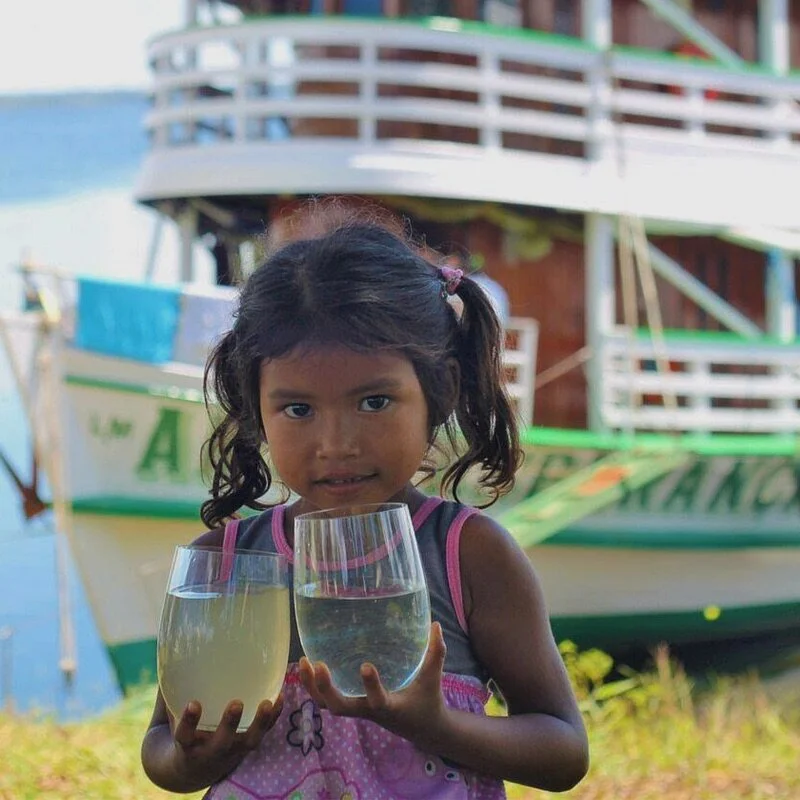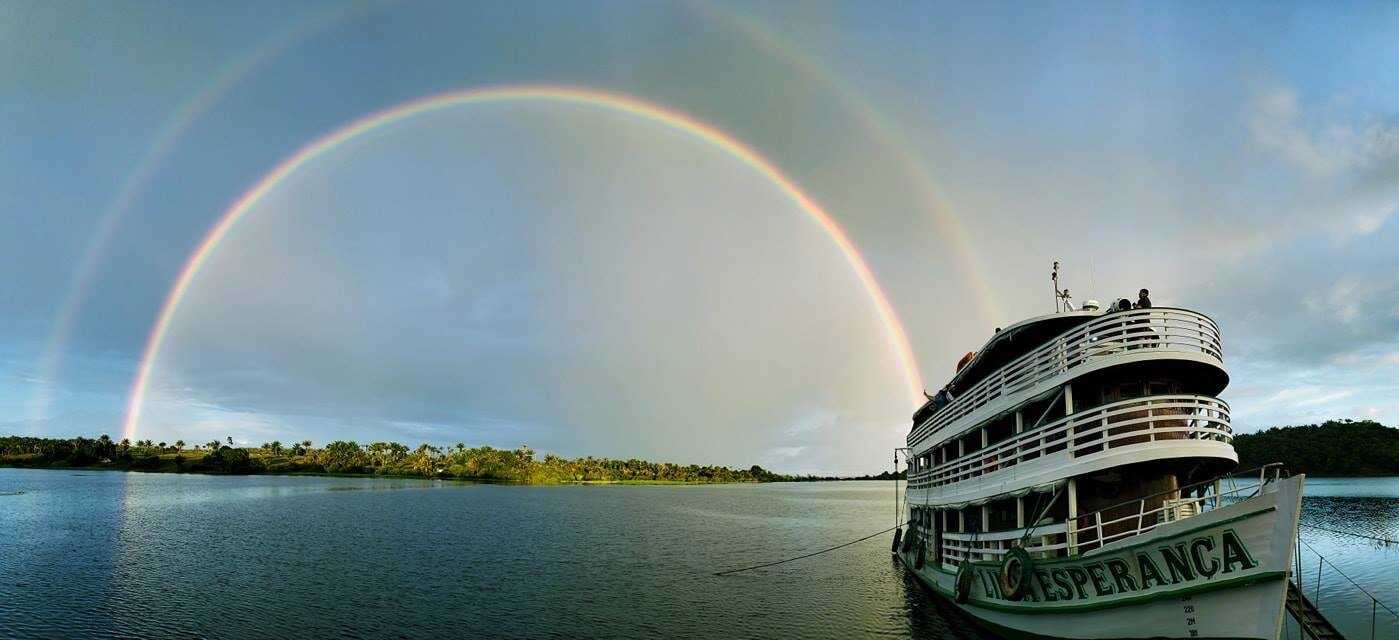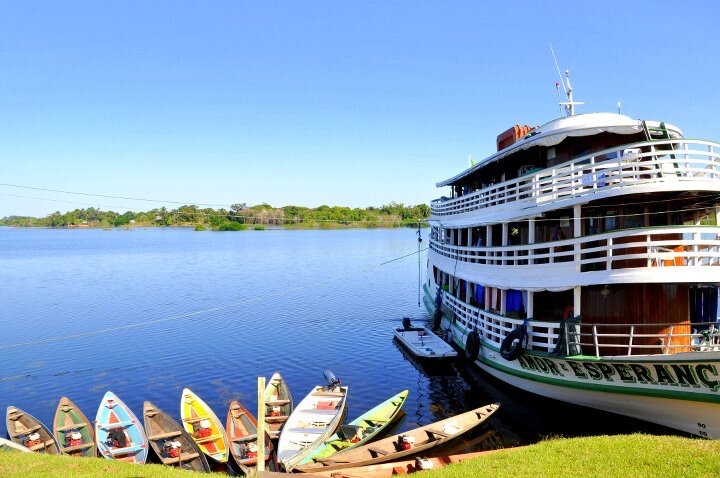Stretching over 4,345 miles, the Amazon River Basin is an expansive, yet isolated region. Running through the South American countries of Peru, Colombia, Ecuador, Bolivia, Venezuela and Brazil, the Amazon River is the longest waterway in the world and accounts for 20% of the fresh water that drains into the planet’s oceans.
Indigenous people, who have been neglected by civilization, inhabit the Amazon. They call themselves “the forgotten people.” The river is their only highway, and boat travel, their only transportation. Even the developed nation of Brazil has somewhat forgotten these people, as they lack access to modern medicine, basic needs and the conveniences found in the larger developed cities in the southern part of Brazil. There are an estimated 30,000 villages on the banks of the Amazon River with no Gospel presence.
Amazon Outreach is a Dallas-based organization that began in 1999, formed to provide a partnership of North Americans bringing much needed hope and medical and physical support along the river, via safe and dependable vessels. The State of Amazonas in northern Brazil, more than 1,000 tributaries come together to form the Amazon River. And it is on these headwaters where Amazon Outreach trips take place – not only on the Amazon, but also the Solimões, Negro, Cuieiras and Madeira rivers.
This transformative work has impacted villages where individuals have been sick their whole lives, and many are suffering unnecessarily – and unaware of the dangers brought about by drinking impure water straight from the river, where they wash their clothes, hydrate their cattle and bath in the same locale in which motorized vessels add toxins to the only water source.
Amazon Outreach provides clean water through drilling water wells, resulting in newfound health for the first time to an entire village. Volunteer dentists pull teeth and teach oral hygiene, and teams of medical doctors prescribe and dispense medications when available. Reading glasses are provided for individuals who have none, in addition to sunglasses, which are given away to fishermen who suffer from cataracts, due to prolonged exposure to reflected glare from the sun off the water.
Before we depart from a village, family packs with gently used clothing, tools, fishing supplies and simple household items are given to every represented family. Our visits are often the beginning of a new normal, where little to no modern help for some their most basic needs has ever been available.
With the COVID-19 pandemic, the most urgent need along the Amazon River is food. A government mandated travel ban on the river has stopped local farmers from being able to sell their manioc produce beyond their own surrounding village. Fishermen are also not allowed to navigate to markets downstream to sell their catches and all incoming food supply deliveries have stopped. This restricted passage on the river has isolated individual villages and the desperate need for food is of upmost importance for the survival of these people.
It's crucial to understand poverty through the eyes of the poor. The developed world defines poverty as a lack of resources; the poor self-define it as a lack of hope. Over the years, our two mission boats, "Linda Esperança" (Beautiful Hope) and "Amor e Esperança" (Love and Hope), have indeed brought love and hope in spades, along with immediate resources and ongoing relationships.
Our ongoing love for these people compels us to find new ways to provide for their needs during the mandated coronavirus quarantined/lockdown. It is our desire to somehow find a way to provide food in the weeks and months to come, until the day when we can once again resume our full mission efforts along the vast Amazon River waterways.
- From a CGS Partner






